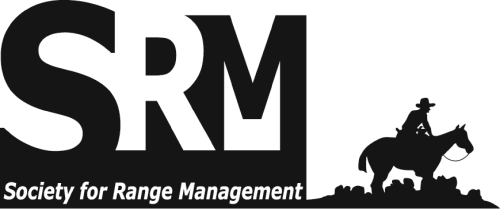Use of criteria and indicators for assessing rangeland sustainability is a evolving practice that can inform land managers and decision makers in their development of policy regarding the stewardship of our natural resources. However, criteria and indicators, in and of themselves, do not provide a viable platform for assessing the complex nature of rangelands. In an effort to expand their usefulness, member of the Sustainable Rangelands Roundtable initiated an effort that resulted in the development of the Integrated Social, Economic & Ecological Conceptual (ISEEC) framework. The framework provides a basis upon which relationships between biophysical and socio-economic components of an ecosystem can be visualized and related as data is generated from the population of the indicator sets. Schlesinger (2010) suggested that unless science can be brought to society through meaningful translations, it will continue to see degradation of landscapes and decision-making with less than optimal information. The use of scientific and technological resources alone does not necessarily lead to successful management of natural resources. These aspects provide evidence to guide decision-making, but land managers may also consider socioeconomic and institutional components that may condition, and ultimately drive, the decision-making process (G.K. Meffe, 2002). The ISEEC framework provides a guide to integrating the biophysical and socio-economic components of an ecosystem and brings together these two “equally†important components through the concept of ecosystem goods and services.

Oral presentation and poster titles, abstracts, and authors from the Society for Range Management (SRM) Annual Meetings and Tradeshows, from 2013 forward.